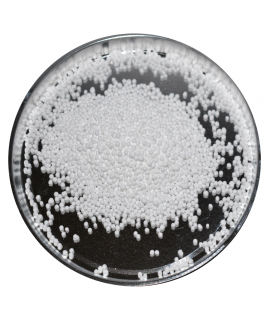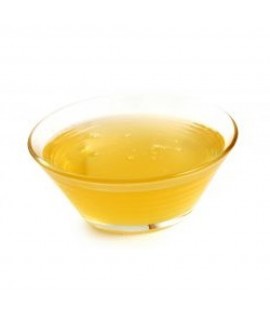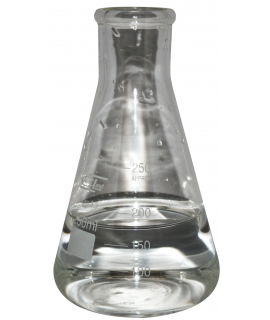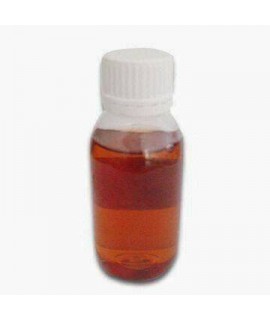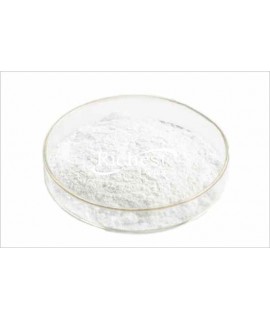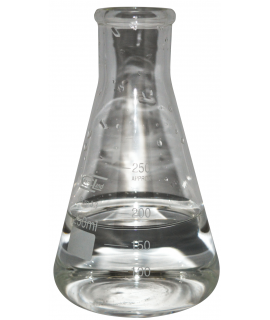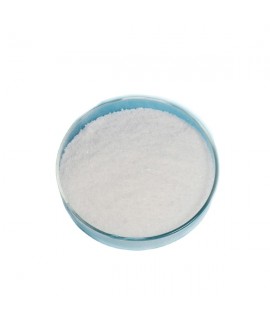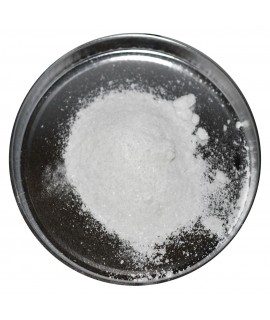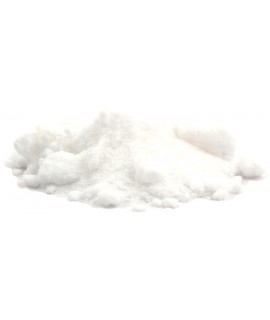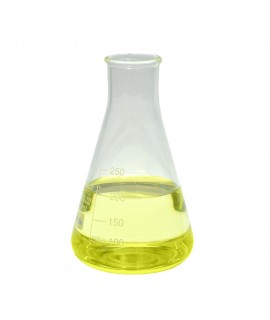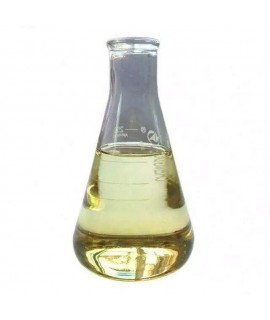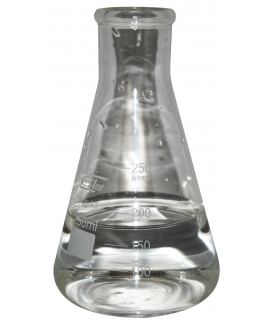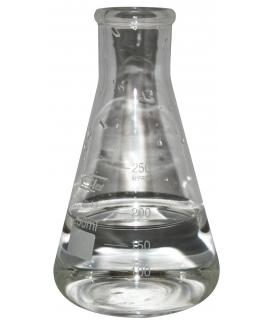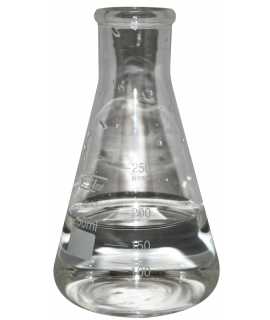Corrosion inhibitors and heat transfer fluids
16.00 Normal 0 false false falseLT X-NONE X-NONE... Read more...
Sort by:
Corrosion inhibitors are needed in aggressive environmental conditions: salty, acidic environments, different metals in one system, aqueous solutions of different components.
The choice of corrosion inhibitor depends on the number of components required, the durability, and the approvals and certificates required.
The most popular corrosion inhibitors are G12+, BS6580, monoethanolamine, diethanolamine, lithium hydroxide.

